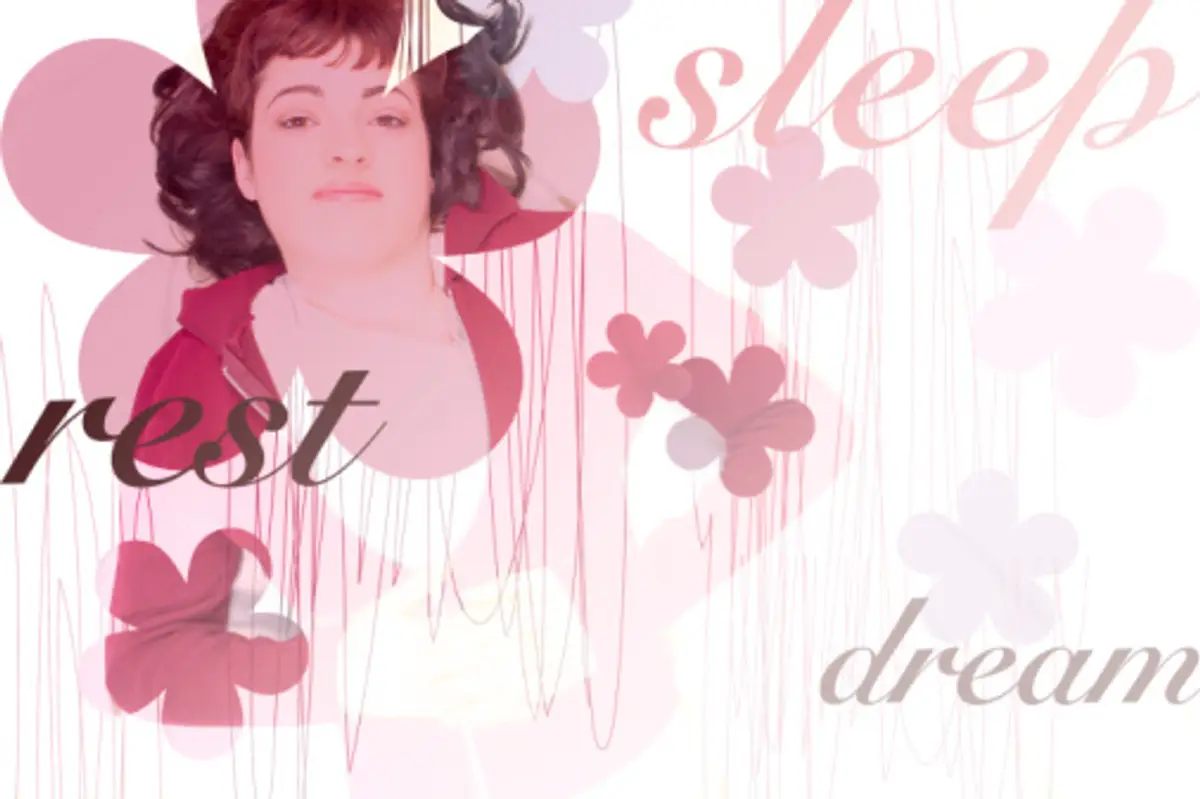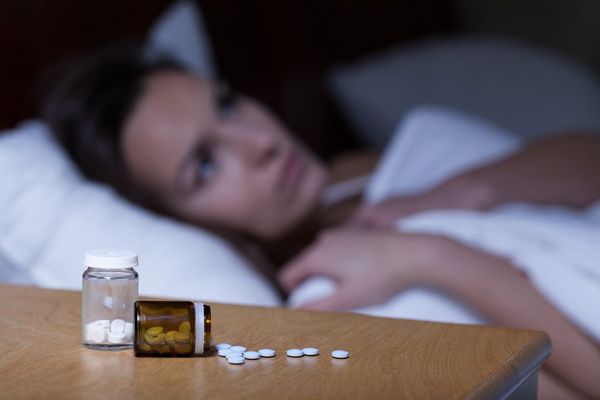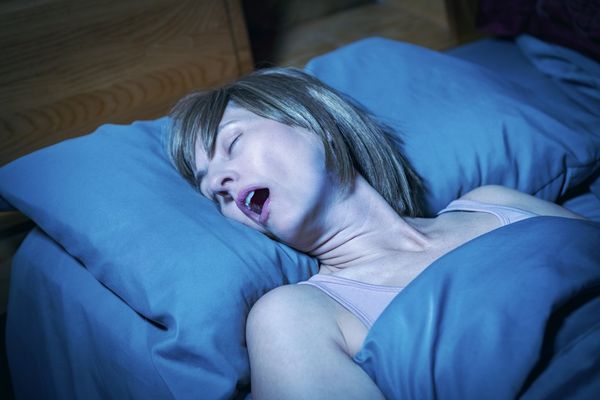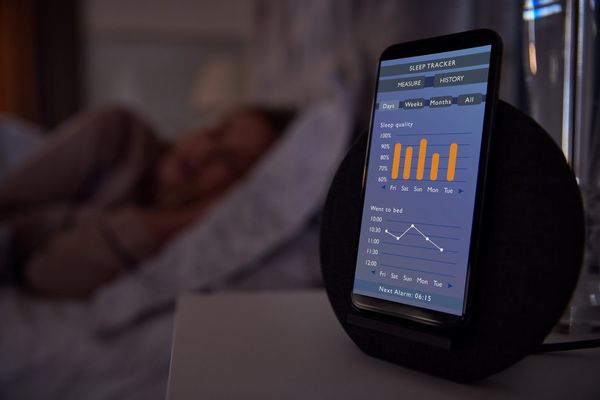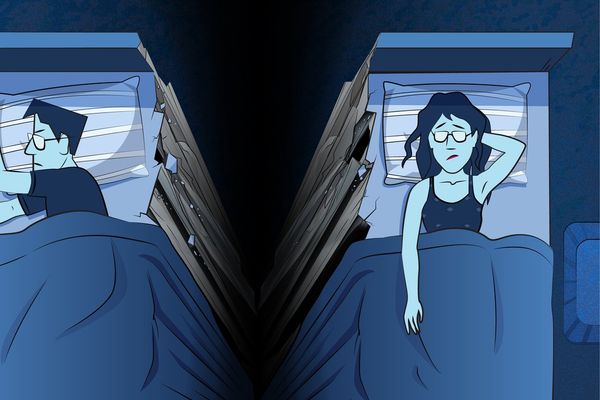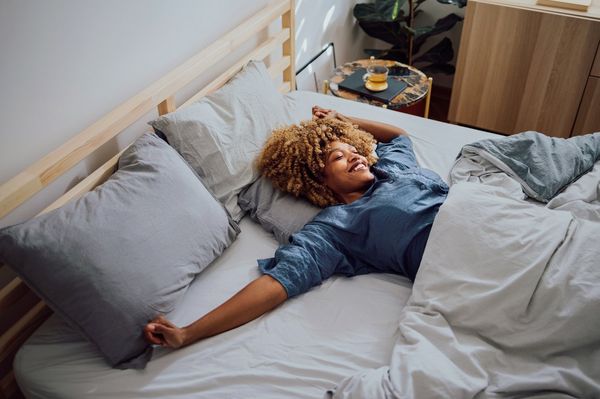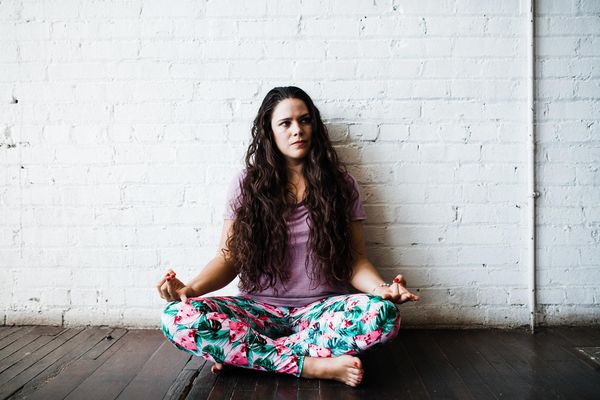I spoke to my niece today, who is getting ready to go back to work after a generous maternity leave. But her second child is not sleeping any better than her first and the poor girl is so sleep-deprived that she's worried about being able to keep her eyes open at work. I thought back to those days, when I had two pretty bad sleepers myself, and reassured her that the sleepless nights will soon be a thing of the past.
And then, after I hung up the phone, it hit me. Sleepless nights might be – for some random moments – a thing of the past but really, who am I kidding? Never mind the babies who grow up to be little kids and have little-kid nightmares; then there are the little kids who grow up to be teenagers and keep you up at night with worry. And then…perimenopause and menopause hit and we're right back where we started.
Sleepless nights.
So, why does that happen? I turned to Dr. Eric Braverman to shed some light on the subject. He believes that lack of sleep is one of the great age accelerators, prematurely aging your brain as well as your body. He's the author of the book, Younger You, and a Clinical Assistant Professor of Neurological Surgery at New York Presbyterian Hospital/Weill Cornell Medical Center.
Q. So many women experience changes in their sleep around mid-life, especially in the pre-and peri-menopause years. Why is that? Are hormones to blame?
A. For many, menopause actually begins around age 35 (now referred to as peri-menopause) and it can take as many as ten to fifteen years before it is completed. Hormonal imbalances can start even earlier when brain stress is high. When your hormones are imbalanced, your equilibrium is off: you're cranky, moody and your sleep is going to be affected.
Q. Is getting your "beauty sleep" a myth? Or is it true that a lack of sleep can age you faster?
A. Beauty sleep is true! Growth hormone stimulates growth, cell reproduction and regeneration, and can thus slow the aging process. And nearly 50 percent of growth hormone secretion happens during the third and fourth REM (Rapid Eye Movement) sleep stages, which occur later in the night.
Sleep is the easiest way to become younger: poor sleep affects your thinking and response time, and creates attention disturbances and impaired memory. The body senses sleep loss as a "stress-inducing" state, which raises levels of stress hormones such as adrenaline and cortisol. These hormones also regulate blood pressure; when these hormone levels are chronically elevated, blood pressure becomes more difficult to control, leading to a higher risk of heart disease.
Q. What about the amount of sleep we get – is it true that the requirements diminish with age?
A. No. Most adults need seven or eight hours of sleep a night – and this is also true for people aged 65 or older. But as we get older, we might have more trouble sleeping. Older adults might get sleepy earlier in the evening, but they might wake up very early in the morning and then be unable to go back to sleep.
Q. Do you advise using a sleep aid, like Ambien? Or perhaps you have other, more natural, tips.
A. There are a number of natural products that may help with sleeping problems. These include nutritional supplements (like 5-HTP, GABA, Magnesium, Melatonin, Tryptophan) and herbs (like Chamomile, Hops, Passionflower, St. John's Wort, Valerian).
If you wake in the middle of the night and then have trouble falling back to sleep, try fast-acting sublingual melatonin or liquid herbal extracts; I recommend keeping them by your bedside. Alternatively, you could try a 2-stage melatonin, where half releases at bedtime and the remainder releases hours later.
Other treatments include psychotherapy and exercise. Exposure to full-spectrum light during the day can reset the body's biological clock (circadian rhythm), allowing for greater release of melatonin by the pineal gland at night. I also recommend meditation, yoga, acupuncture or aromatherapy with something calming, like lavender.
Using a sleep aid like Ambien is okay for the short-term, as long as you don't require them on a regular basis.
This Matters> Don't forget to look for those hidden sleep-stealers: lights, electronic devices, worry, late-night emailing, phone calls, television (especially things like the news – where you rarely hear anything that doesn't produce anxiety) or a glass of wine (which will lull you off to sleep – at first – but then backfire and cause you to wake in the middle of the night).
You might also be interested in reading:
Sleep Better Starting Tonight

